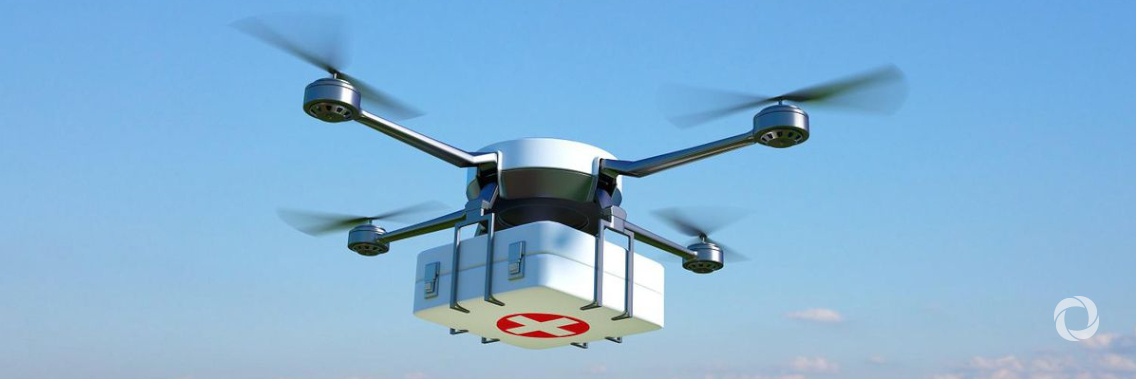Innovative projects harnessing the latest technology to support the fight against COVID-19 and other challenges like climate change, while creating hundreds of jobs across the country, have been backed by government investment, Business Minister Nadhim Zahawi has announced.
The 20 winning ideas will receive a share of £7 million funding ranging from the development of drones capable of delivering COVID-19 medical supplies to remote areas, to technology to enable remote inspections of infrastructure and construction sites – removing the need for workers to potentially be put at risk.
The funding, backing the aviation technologies of the future, comes at a critical time for the industry, with winners demonstrating pioneering ways they are responding and adapting to the challenges posed by issues including climate change and the coronavirus pandemic.
The funding forms part of a wider £33.5 million investment with an additional 28 potential projects also in the pipeline for government backing.
“Today we have announced over £7 million of funding for projects across the country which demonstrate how using the latest and most cutting-edge aviation technologies can step up our response to the coronavirus pandemic, help us build back better and cement our well-earned reputation for research and development excellence, while creating hundreds of new jobs,” said Business and Industry Minister, Nadhim Zahawi.
The £33.5 million investment comes from the Future Flight Challenge, which aims to increase mobility, reduce reliance on road travel thereby improving road congestion, and increase UK manufacturing opportunities.
Of these, 9 projects are focussed on developing technology to aid the response to the coronavirus pandemic. This includes the development of unmanned drones to deliver medication, reducing human contact and, consequently, the transmission of the virus.
In total 34 projects are set to receive a share of £30 million, while an additional 14 projects, focused specifically on coronavirus response, will receive a share of a further £3.5 million.
Original source: FCDO

